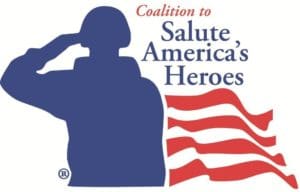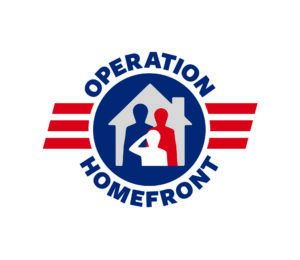Sometimes caregiving is like having another child.
What advice would you give to a new military caregiver?
Document everything! If you have documented proof, you will struggle less. Try to find something that is your’s outside of caregiver activities.
What is the biggest misconception civilians have about your situation as a military caregiver?
Many people assume we are lazy because neither of us works outside of the home. They think that because Tony looks fine, he should be working or I could work because he does not need constant care. I cannot leave him alone due to his severe memory issues and his brain injury.
What was one of the first major challenges you faced as a military caregiver?
In many ways, I lost my husband. Before, he was the man of the house and an equal partner. Now, he cannot work and I can’t leave him alone with the kids. I’m constantly looking for the man I married. He doesn’t remember birthdays, he doesn’t bring me flowers anymore, but I am still married to him. Acclimating to these changes was an enormous challenge.

My Story
Christa cares for her husband, Tony, and their five kids, several of whom have special needs. Her husband was injured in 2011 during his second deployment in Iraq. Because Christa had been dealing with disabilities in her own children, she recognized the changes in Tony right away, even before his doctors. He suffers from a traumatic brain injury (TBI), tinnitus, tremors, post traumatic stress disorder (PTSD), night blindness, irritable bowel syndrome (IBS), and knee and back pains.
As a Dole Fellow, Christa is committed to widening access to caregiver resources for those who live in remote areas.











